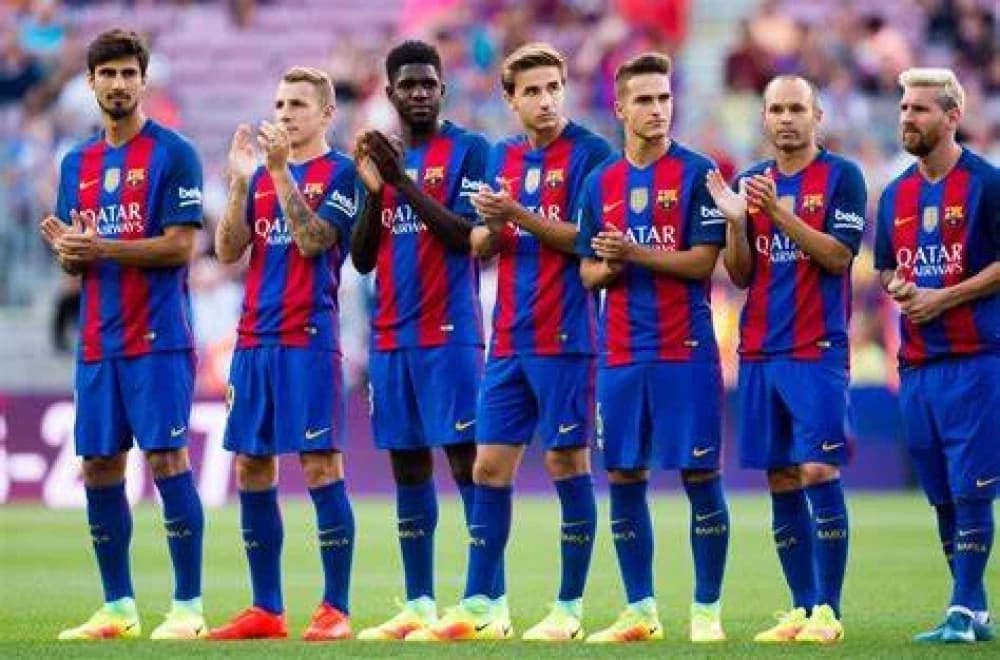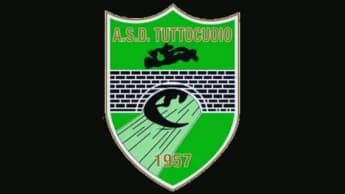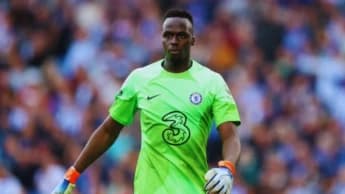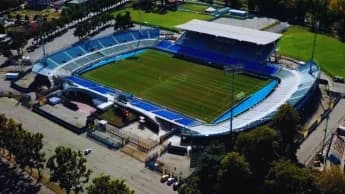
Explore the storied journey of FC Barcelona, a club that embodies Catalan pride and footballing innovation, shaping the beautiful game with style and resilience.
FC Barcelona was established in 1899 by Joan Gamper along with a group of enthusiasts, starting as a modest football club in Catalonia, Spain. Gradually, it transformed into one of the most iconic and successful football clubs in the world. Affectionately referred to as Barça, the club represents the resilient and proud spirit of Catalonia, embodied in its motto 'Més que un club' ('More than a club'). Initially, it engaged in regional competitions, but Barcelona swiftly rose to prominence. The club emerged as a symbol of Catalan identity, particularly during tumultuous political times in Spain. As the team flourished on the pitch, its stadium became a refuge for fans to express their cultural and political hopes.
The narrative of Barça is deeply intertwined with its significance in Catalan society. More than just a football team, it embodies ideals of freedom, democracy, and unity, drawing a worldwide fanbase that aligns with its principles. The club's iconic blue and red colors reflect a fusion of passion and loyalty, themes that are intricately woven into its history.
Currently, FC Barcelona represents a beacon of footballing greatness, cultural importance, and innovation, firmly anchored in its local community while also having a worldwide presence.
Accomplishments of the Team
Barcelona’s collection of trophies showcases its lasting excellence in global football. The club has secured 27 La Liga championships, 31 Copa del Rey titles, and five UEFA Champions League victories, including the remarkable sextuple in 2009, which made them the first club to accomplish this achievement. Additionally, Barcelona has performed admirably in international competitions, marked by three FIFA Club World Cup wins and four UEFA Super Cup triumphs. In the early 1900s, Barcelona excelled in contests such as the Pyrenees Cup, laying the groundwork for its international acclaim.
The achievements of Barcelona extend far beyond their trophy collection. The club's prestigious La Masia academy has produced legendary players such as Lionel Messi, Xavi, and Iniesta, highlighting its significant impact on footballing philosophy. These iconic figures have not only broken records but also transformed the sport with their exceptional skill and insight. Their accomplishments transcend mere trophies; Barcelona has redefined modern football with a distinctive playing style, establishing themselves as not only champions but also innovators in the game.
Strengths & Weaknesses:
FC Barcelona has an unparalleled commitment to youth development, with La Masia producing some of the greatest talents in football history. Their emphasis on possession-based football and technical proficiency continues to be a key element of their success. Furthermore, their extensive global fanbase and innovative marketing tactics contribute to their financial stability.
However, recent years have revealed some weaknesses. Financial challenges arising from mismanagement and high transfer costs have strained resources. Moreover, the team has faced difficulties in maintaining defensive consistency and adapting to the physical challenges of contemporary football.
Their dependence on the exceptional talents of individual players sometimes renders them vulnerable to teams that are strategically well-organized. Additionally, the frequent changes in management have led to a lack of continuity, making it difficult for them to implement effective long-term strategies.
Initiatives are being taken to tackle these shortcomings; however, these challenges emphasize the importance of adopting a balanced strategy to maintain their success.
Tactics and Playing Style
Barcelona's tactical identity closely aligns with the principles laid out by Johan Cruyff and further developed by Pep Guardiola. Their tiki-taka style, which emphasizes quick, short passes, spatial awareness, and aggressive pressing, has marked a significant period of success for the club.
The strategy emphasizes ball control, requiring players to remain calm even when faced with pressure. The midfield, typically led by skilled playmakers such as Xavi and Iniesta, controls the flow of the game, while the forwards make effective use of available spaces with sharp accuracy.
With the current management in place, Barça is focused on integrating their classic playing style with modern tactical adaptability. Their strategy of high pressing and quick transitions enhances their possession-based approach, allowing them to respond effectively to the changing dynamics of football. Although their playing style has evolved, the core principles of creativity and technical proficiency continue to be upheld, ensuring that their identity remains evident in every match.
Memorable Matches
2009 UEFA Champions League Final: Barcelona clinched a 2-0 win against Manchester United in Rome, demonstrating a flawless display of tiki-taka, and achieving the remarkable sextuple.
2010 El Clásico: The memorable 5-0 victory over Real Madrid at Camp Nou highlighted Barcelona's dominance during Guardiola's era.
1992 European Cup Final: Ronald Koeman’s legendary free-kick secured Barcelona their first European Cup, heralding the beginning of their dominance in continental competitions.
2017 PSG Comeback: After losing the first leg 4-0, Barcelona achieved an incredible 6-1 win at Camp Nou, demonstrating their determination and attacking prowess.
Looking Ahead
The future of Barcelona depends on finding a balance between their rich heritage and the requirements of contemporary football. The club is putting resources into its infrastructure, specifically the renovation of Camp Nou, to improve the experiences for fans and boost revenue. The rise of young talents such as Pedri, Gavi, and Alejandro Balde indicates a hopeful new chapter for the club. These players, along with carefully planned signings, are focused on re-establishing Barcelona’s stature in European football.
Restoring financial stability is of utmost importance, with efforts directed towards managing debt and refining expenditures. Moreover, the club's dedication to sustainability and digital advancements positions it advantageously in a competitive market. As FC Barcelona looks ahead, it remains committed to its core values, aiming to inspire future generations and uphold its legacy as 'Més que un club.'





